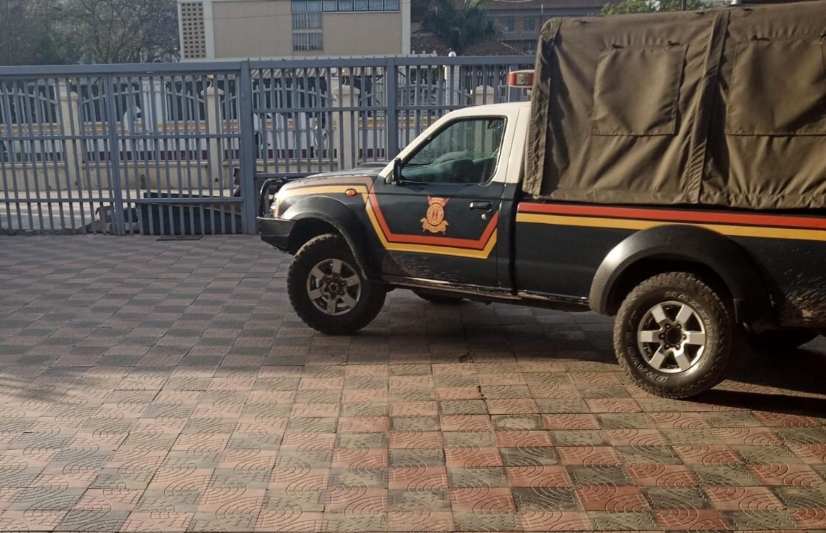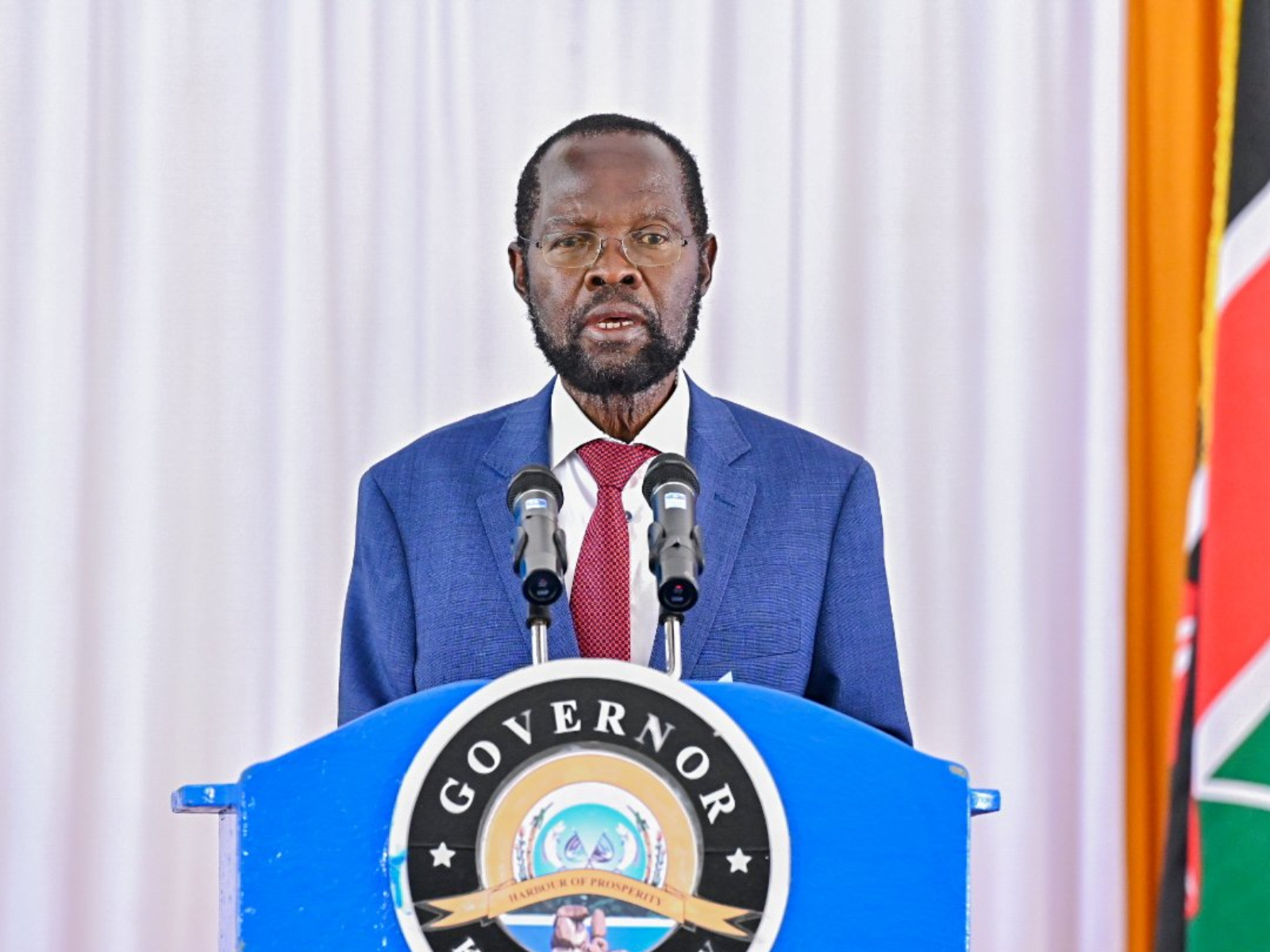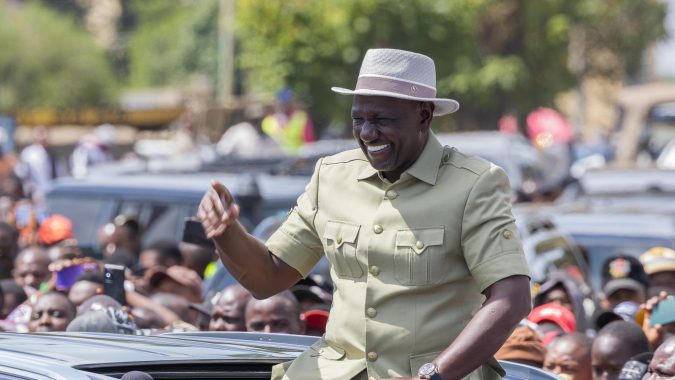Police clash with protesters over Indonesia law change

Police have clashed with protesters in the Indonesian capital of Jakarta as tens of thousands of people gathered in protest of the government’s attempt to reverse a constitutional court ruling.
Chaos unfolded outside parliament as a handful of protesters were seen attempting to tear down its gates, while others shouted for calm.
Police also clashed with protesters in other major cities such as Padang, Bandung and Yogyakarta.
Observers say the power struggle between Indonesia’s parliament – dominated by the president’s supporters – and the country’s constitutional court could precipitate a political crisis.
On Wednesday, Indonesia’s top court ruled that parties would not need a minimum of 20% of representation in their regional assemblies to field a candidate.
Yet within 24 hours, parliament tabled an emergency motion to reverse these changes – a move which has sparked widespread condemnation and fears of a constitutional crisis.
A vote on the fast-tracked legislation, which would reverse parts of the court’s ruling, was postponed on Thursday because there were not enough MPs present.
If passed, it would maintain the status quo, which favours parties in the ruling coalition of the outgoing president, Joko “Jokowi” Widodo, and his successor, Prabowo Subianto. As a result, many local elections are expected to be uncontested affairs.
The parliament decision also means that a major government critic, Anies Baswedan, would also be prevented from running for the influential post of Jakarta governor.
The Indonesian government is also trying to find a way around the constitutional court’s decision to uphold the current minimum age limit of 30 for candidates, which would bar Mr Widodo’s 29-year-old son, Kaesang Pangarep, from running in a regional contest in Central Java.
Widodo’s eldest son, Gibran Rakabuming Raka, is the incoming vice president who ran alongside Mr Prabowo.
Widodo has downplayed the dispute, saying the amendments were part of the “checks and balances” of government.
One of the protesters, Joko Anwar, said the country’s leaders appeared to be intent on keeping themselves in power.
“Eventually, we’ll just become a powerless mass of objects, even though we’re the ones who gave them power,” he said.
“We have to take to the streets. We have no choice,” he said.
On social media, blue posters with the words “Emergency Warning” above Indonesia’s symbolic national eagle have been widely shared.
According to Titi Anggraini, an elections analyst at University of Indonesia, parliament’s move to annul the court’s decision is unconstitutional.
“This is a robbery of the constitution,” she told BBC Indonesian.












